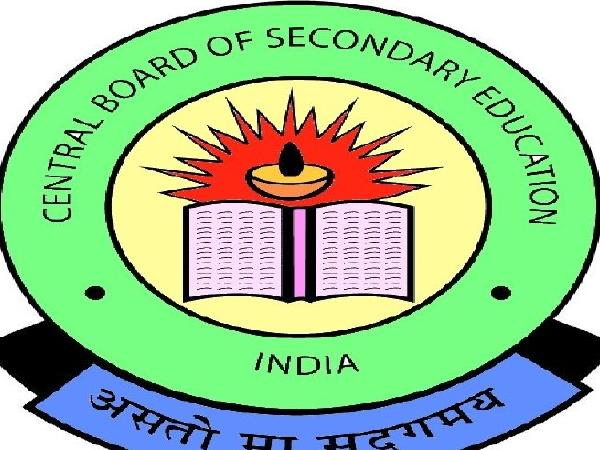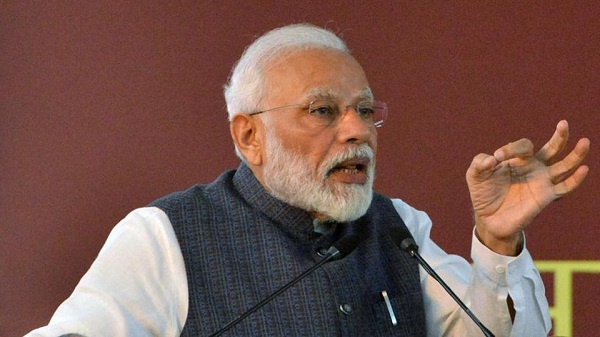It was a bit like pay day for children in 15 middle schools in the US capital who recently received their first checks for good grades, attendance and behavior. Every two weeks, children aged 12-14 stand to make up to 100 dollars, following a precise sliding scale in which math, science and history-geography grades are as important as attendance and good behavior in class. Crammed into a gymnasium, teachers and students at Shaw Middle School, in a working class neighborhood of the city, listened carefully to what Mayor Adrian Fenty had to say before the first checks in the experimental program were passed out.
In all, US$137,813 were distributed to the 15 Washington schools participating in the program, in the hope grades and behavior will improve. In a 2007 study by the National Center for Education Statistics, Washington public schools came last among 11 major US cities in math and reading skills. Half the US $2.7 m funding the pilot program for one year comes from city coffers, and the rest from the Education Innovation Laboratory at Harvard University (EdLabs) headed by economist Roland Fryer, who was present at the ceremony.
























